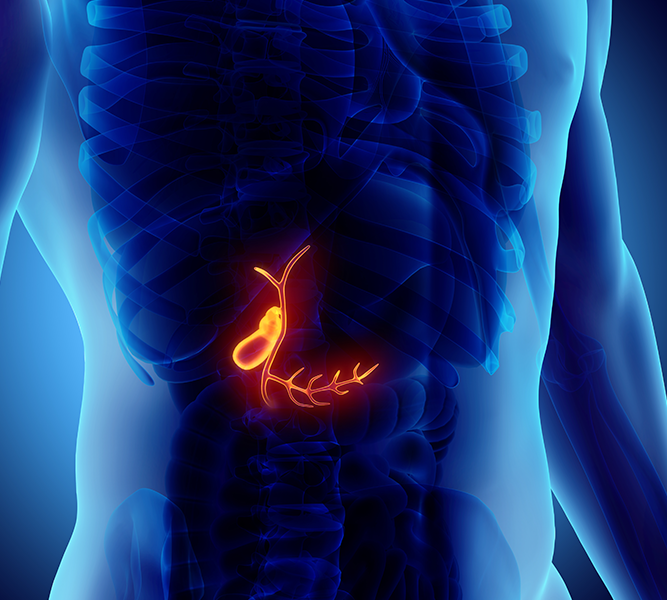Written by:
Newton-Wellesley Surgeons, Inc.
A hernia occurs when an organ gets pushed into an area in the body where it should not be.
Like its name indicates, the hiatus is an orifice in the diaphragm (the organ separating the chest cavity from the abdomen.) The esophagus goes through the hiatus and leads to the stomach. When a hiatal hernia occurs, the stomach pushes up into the chest through the hiatus. This is also called a hiatus hernia.
Hiatal hernias come in two forms, the sliding and paraesophageal hiatal hernias. Witha sliding hiatus hernia, the stomach and the part of the esophagus connect to it push into the hiatus. This is form of hiatus hernia is the most common.
The paraesophageal hernia operates opposite the sliding hernia, whereby the esophagus and stomach stay in place but part of the stomach pushes though hiatus. The part of the stomach thus lands next to the esophagus. Although this type of hernia can be asymptomatic, the danger is that the stomach may become cut off from its blood supply.
Although symptoms are rare, some may experience heartburn related to gastroesophageal reflux disease (GERD.) The causal relationship between GERD and heartburn is still uncertain, as some people experience GERD without a hernia and vice versa.
Those who have heartburn may also feel chest pain that can be confused with a heart attack. It is therefore best to get properly diagnosed by a doctor.
What Causes a Hiatal Hernia?
Often the cause is unknown. Some people are born with a larger hiatal opening than average. Increased pressure in the abdomen resulting from pregnancy, obesity, or straining due to bowel movementsmay also play a role.
Who Experiences a Hiatal Hernia?
Hiatal hernias tend to occur more in women, overweight people, and people over the age of 50.
How Do You Diagnose a Hiatal Hernia?
A specialized X-ray allows a doctor to see the esophagus and identify the hernia. Endoscopyis another way to diagnose.
How Does One Treat a Hiatal Hernia?
Asymptomatic hiatal hernias do not need treatment. However, the paraesophageal hernia can sometimes cause the stomach to not receive enough blood, so surgery may be recommended. Symptoms of GERD, such as heartburn, should also be treated.
When Is Hiatal Hernia Surgery Needed?
If the hiatal hernia causes the blood supply to be cut off, surgery may be needed to reduce the hernia to put it back where it should be.
This surgery can often be performed as a minimally invasive procedure. During this type of surgery, a few small (5 to 10 millimeter) incisions are made in the abdomen. The laparoscope that helps the surgeon to see inside the abdomen and surgical tools are inserted through these incisions. Laparoscopic surgery entails less risk of infection, less pain and scarring, and a more rapid recovery.
Many patients are able to walk 24 hours after the surgery. Usually, there are no dietary restrictions and the patient can go back to his or her regular activities within a week. Complete recovery occurs after two or three weeks. Heavy lifting should be avoided for at least three months after surgery. However, the hernia may return.
Should I Call the Doctor About a Hiatal Hernia?
If you have a hiatal hernia and feel severe pain in the chest or abdomen, have nausea, vomiting, or are incapable to have a bowel movement or pass gas, the hernia may have been cut off from blood supply, which is a medical emergency. In that case, you should call your doctor.
For patients seeking a hernia surgery in Boston, call us at (617) 244-5355 to schedule an appointment with one of our board-certified surgeons.
Testimonials
“This practice goes above and beyond in their care for their patients. Dr. Kahan, Dr Gryska specifically – are truly amazing! Will recommend this practice hands down for anything from veins to gallbladders.”


